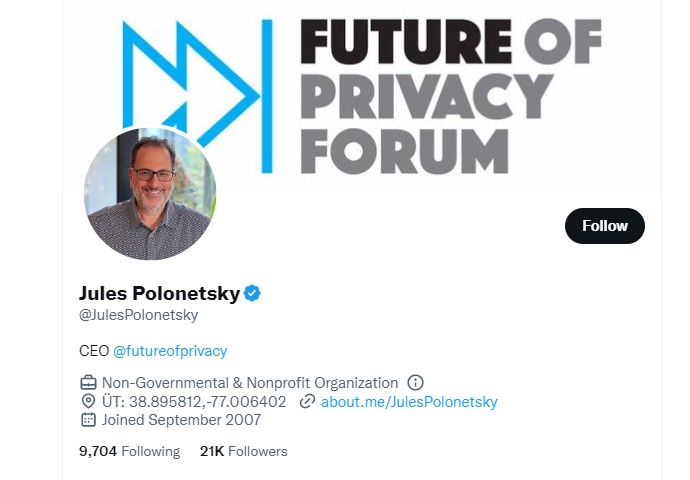How to Watch Absolute Truth
An introductory paragraph is an important part of your article. It establishes context and sets the tone for your entire piece.
Fortunately, there are some guidelines that make writing an introduction easier to accomplish. Follow these to ensure you have a strong start! And, you’ll soon find yourself with a powerful article.
1. Look for common ground.
When it comes to sizing up your neighbors, the question of who knows it all is oftentimes the deciding factor between a fisticuffs worthy squabble or a well-mannered conversation. Having an open mind is key to finding out who's right for you, so a little research goes a long way. It's also important to take the time to learn about their uniqueness, so you know how to respond in kind. One of the best ways to do this is to ask a few pointed questions about their likes and dislikes. This will help you narrow down the tepid debate and focus on your best bets. Then, you can have an honest discussion about their flaws and strengths, allowing you to make your best case for your loved ones.
2. Ask questions.
Asking questions is a powerful tool for getting to the truth, building trust, and learning new things. It also helps you communicate your needs and get what you need from others.
The optimal question type depends on the situation and your audience. If you’re in a tense negotiation or dealing with someone who’s known to be a liar, for instance, closed questions are often better than open-ended ones.
Closed questions frame the conversation in a positive light and are less likely to lead to lies. They also allow you to get more information without being too invasive or giving the person too much wiggle room.
They can also be helpful if you want to get an idea of someone’s feelings or how they may react. Whether you’re talking to your spouse or an employee, closed questions can help you get more insight into what they’re thinking.
For instance, if you’re interested in what makes someone tick, asking them about their favorite book or movie could help you learn more about them. You might even find you have common interests that make the conversation flow more smoothly.
Similarly, asking people about their most embarrassing moments can reveal their deeper feelings and juicy secrets they may not have otherwise revealed. It can be a fun way to connect with people and build genuine bonds.
The optimal order of your questions also depends on the situation and your audience. If a discussion is tense, for example, it’s a good idea to ask tough questions first, even if it feels uncomfortable.
Leslie and her colleagues found that people are more willing to disclose sensitive information when the questions are asked in a decreasing order of intrusiveness. That is, they’re more likely to reveal what they know if they are first asked highly personal questions, such as “Have you ever felt sexual desire for a minor?” or “Have you ever bounced a check?”
In short, questions are an important part of any conversation. They unlock learning and interpersonal bonding, improve group dynamics, and mitigate business risk. Ultimately, they enable you to get the answers you need to do your job and live your life better.
3. Listen.
One of the best things you can do when watching absolute truth is to listen. When you listen, you will learn more about it and be able to understand what the person is trying to teach you. In this way, you will be able to watch the absolute truth with greater understanding and compassion. The other important thing to remember is that absolute truths are not invented or created, they are found and discovered. This is true for religions like Christianity, Judaism and Islam. It also applies to scientific theories that we have. These theories are all based on truths that are found in nature. For example, the law of gravity is a fact that can’t be changed. It must be constant, and it must apply to everyone.
4. Learn.
One of the best ways to learn about absolute truth is to ask questions. When you do, the answers may surprise you. For example, you might not know that God is the creator of all things. Or that the sun is in fact a star, not a planet. Absolute truth can also be found in the tiniest of details. It may be as small as a grain of sand or as large as a galaxy.

